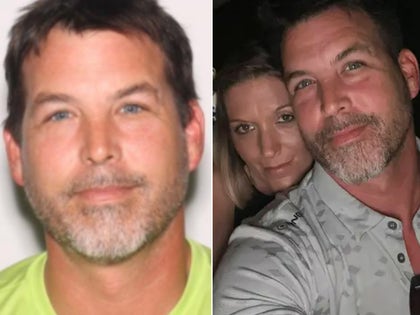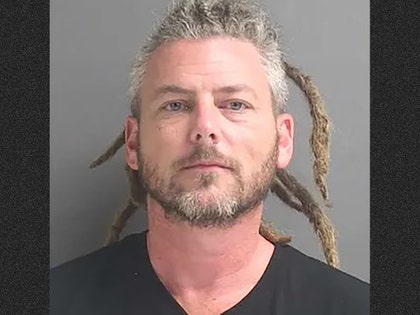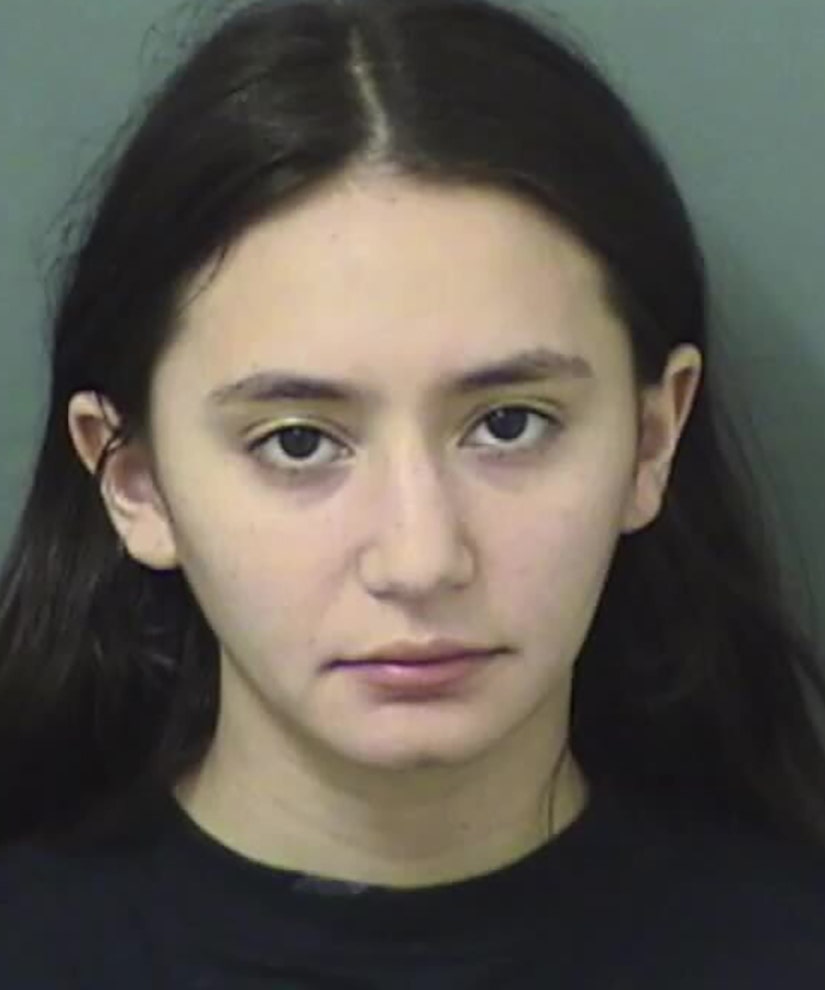 Getty
Getty
Perry wrote about getting ketamine infusions in rehab in his memoir, saying it felt like "I was dying during that hour" and concluding "ketamine was not for me."
Matthew Perry's cause of death has been revealed, with the Los Angeles County Medical Examiner's Office concluding he died from "the acute effects of ketamine."
The Friends star's toxicology report (via TMZ) said the actor had been undergoing ketamine infusion therapy for depression and anxiety and last went a week and a half before his death. The Medical Examiner concluded, however, that the ketamine in his system at the time of his death "could not be from that infusion therapy, since ketamine's half-life is 3 to 4 hours, or less."
The ketamine in his body caused cardiovascular overstimulation and respiratory depression, while drowning, coronary artery disease, and the effects of buprenorphine -- a medication used to treat opioid use disorder -- were contributing factors in his death.
 Getty
Getty
Jennifer Aniston Recalls Texting with Matthew Perry on Day He Died: 'He Wasn't Struggling'
View StoryAccording to the report, Perry was undergoing ketamine infusion therapy every other day for a while, but a doctor decided six months ago he didn't need it as often. It's unclear how often he was going at the time of his death, but, as we mentioned above, it had been longer than that since his last infusion. By all accounts, said the medical examiner, Perry had been sober for 19 months when he died.
Perry actually wrote about some of the ketamine infusions in his memoir, Friends, Lovers, and the Big Terrible Thing. He said he was doing daily infusions while in rehab in Switzerland during Covid.
"Ketamine was a very popular street drug in the 1980s. There is a synthetic form of it now, and it’s used for two reasons: to ease pain and help with depression. Has my name written all over it -- they might as well have called it 'Matty,'" he wrote. "Ketamine felt like a giant exhale. They'd bring me into a room, sit me down, put headphones on me so I could listen to music, blindfold me, and put an IV in."
He said he would "disassociate" while listening to music during the infusions, writing that he "often thought that I was dying during that hour."
 Getty
Getty
Julia Roberts Looks Back at Relationship with Matthew Perry Amid Actor's 'Heartbreaking' Death
View Story"Oh, I thought, this is what happens when you die. Yet I would continually sign up for this s--t because it was something different, and anything different is good," he continued. "Taking K is like being hit in the head with a giant happy shovel. But the hangover was rough and outweighed the shovel. Ketamine was not for me."
While at that same facility, Perry said he lied to doctors and claimed he was experiencing stomach pain so they'd give him medication. "In fact, I was OK. It still felt like I was constantly doing a sit-up -- so it was very uncomfortable -- but it wasn’t pain," wrote Perry, who said the doctors prescribed him hydrocodone, before they decided to "put some kind of weird medical device in my back."
Inserting the device required surgery, and the night before the procedure Perry said he took hydrocodone, and was up all night taking the drug. During the operation, he was given the drug propofol -- an anesthetic and a sedative -- which he said: "stopped my heart."
"I was given the shot at 11:00 a.m.," he recalled in the book. "I woke up eleven hours later in a different hospital. Apparently, the propofol had stopped my heart. For five minutes. It wasn't a heart attack -- I didn't flatline -- but nothing had been beating."
On October 28, Perry passed away at the age of 54.
 Getty
Getty




















